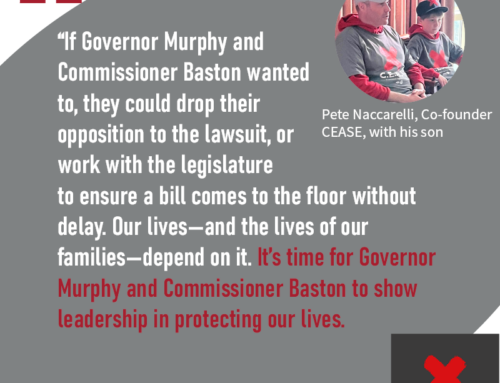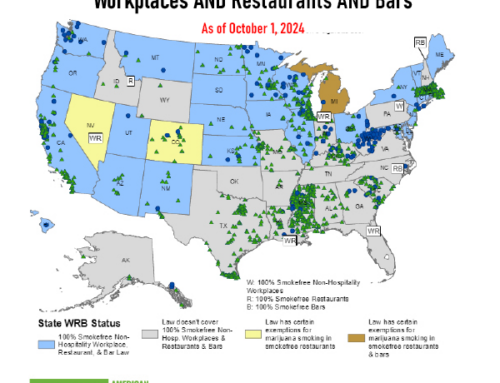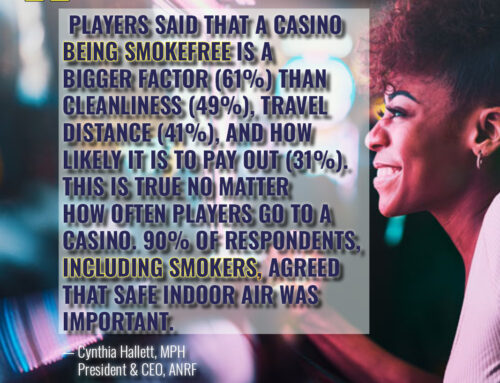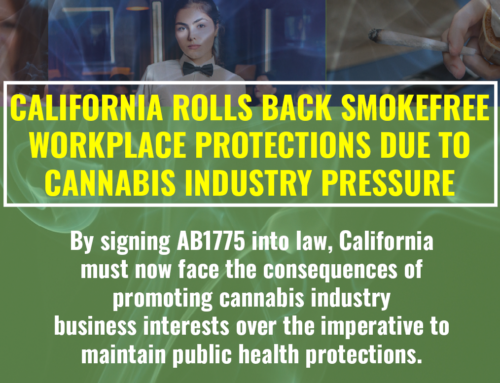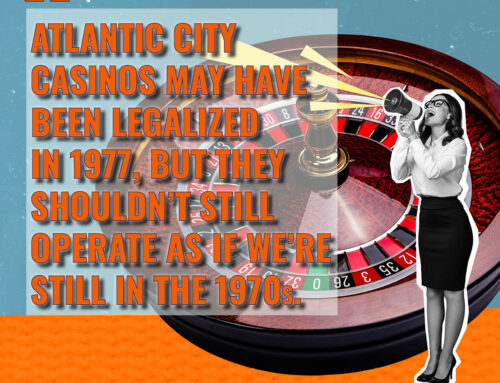Marijuana Threatens Smokefree Protections Even in Leadership Cities
Berkeley, California, is a national leader for smokefree air and other tobacco control policies, and the city has helped show communities across the country that it’s possible to adopt strong local laws that protect public health and change the norm around smoking in ways that harm other people.
This week, however, the Berkeley (CA) City Council approved regulations that will allow marijuana retailers to apply for a permit to have an on-site, indoor consumption lounge where smoking and vaping marijuana will be allowed.
The ordinance will unfortunately result in bringing smoke back indoors, ostensibly to provide patients a space to use the product as well as promoting marijuana use as a new social activity.
The regulations are very friendly to the marijuana industry and they go against the recommendations of the city’s own Community Health Commission and public health department. During two public hearings, the Council heard from public health advocates and research scientists who recommended against allowing indoor smoking and vaping, but the public health recommendations and smokefree messages were outnumbered and overshadowed by marijuana industry supporters who touted increased revenue to the city amongst other promises.
We are very concerned that Berkeley has given the green light to roll back the city’s smokefree worksite law, and it may be setting the stage for further weakening of smokefree protections in the near future.
If Berkeley can roll back its smokefree protections at the urging of the marijuana industry, then other communities are also at risk. Communities should be alert to efforts to allow indoor marijuana smoking and vaping.
Instead of weakening smokefree indoor air laws, communities should discuss the possibility of acceptable outdoor areas for public consumption of marijuana, similar to how outdoor tobacco use is permitted. It could be helpful to create outdoor spaces that could both meet the access and safety needs of marijuana consumers, while also reducing exposure to drifting smoke to protect public health.
We do not want to see communities adopt laws that promote cannabis business interests above the imperative to protect public health.


